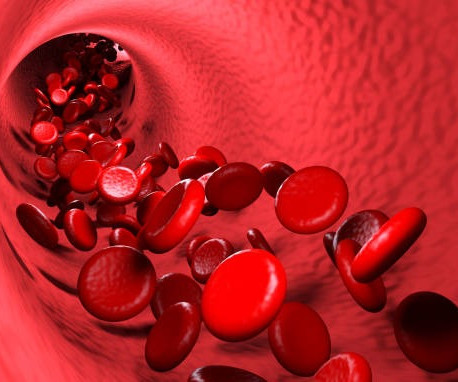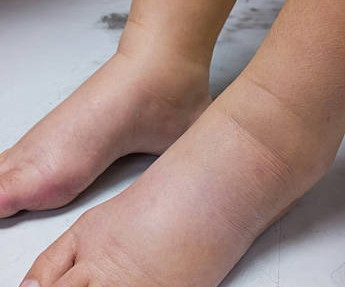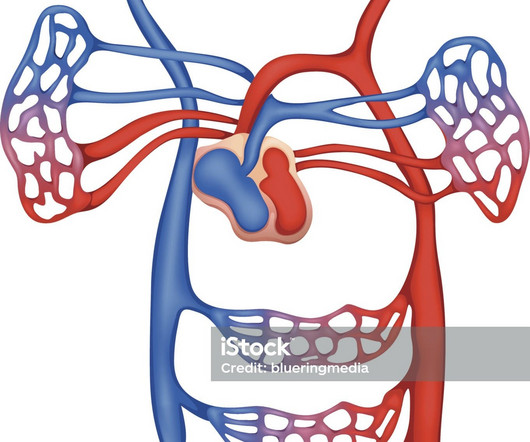Can a DVT go away on its own?
Vascular Physician
JUNE 26, 2022
If your healthcare provider suspects that you could have DVT, they will likely perform a series of tests to provide you with a diagnosis and personalized treatment plan. • Venography: This test injects a special dye into a catheter that is inserted into your posterior knee or neck.











Let's personalize your content